ARTISTS, PRESENTERS, AND MUSICIANS
ABOUT THE STAGE DESIGNER
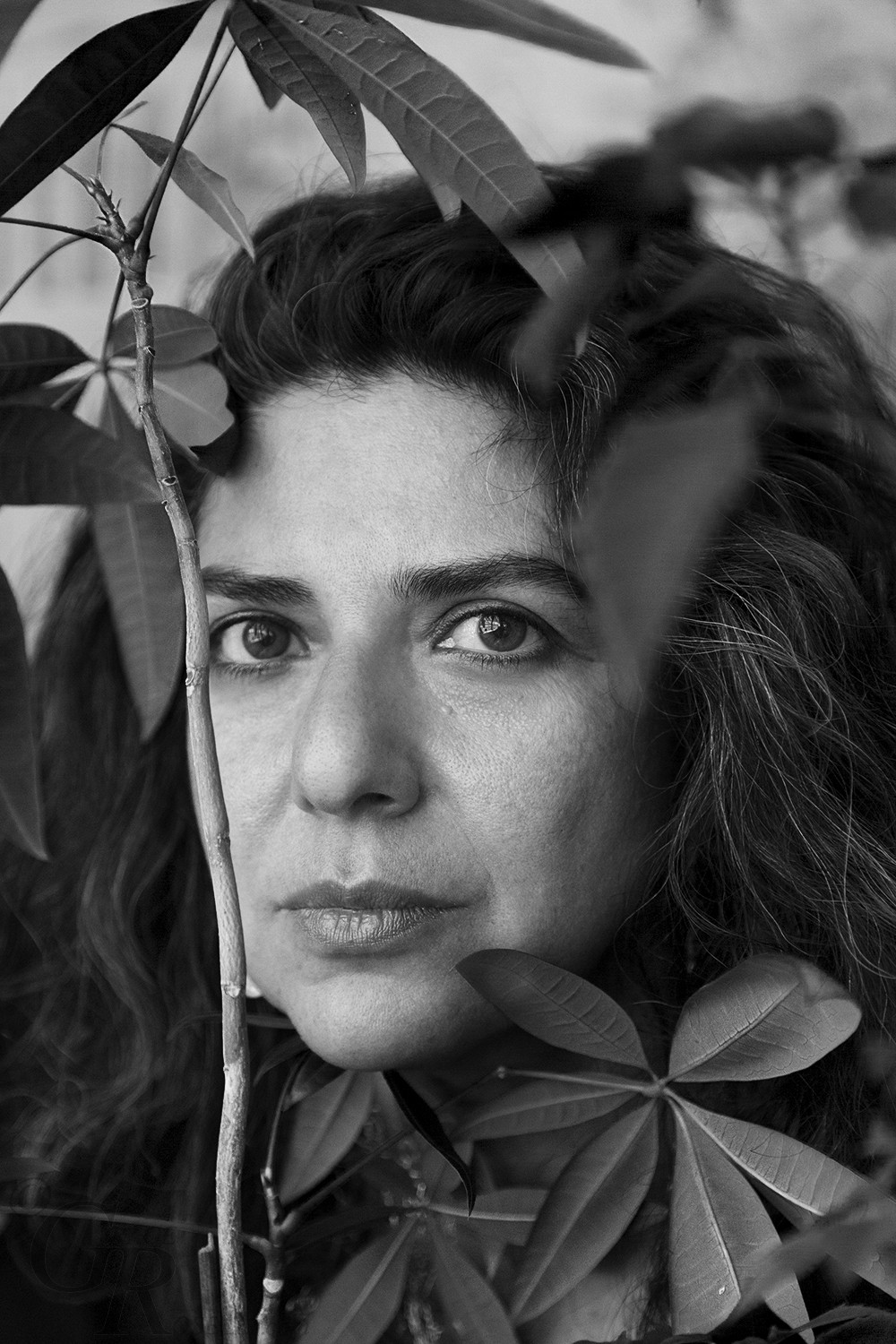
Bahar Behbahani‘s research-based practice uses landscape as a metaphor for politics and poetics. She explores cultural landscapes, posing questions about how people negotiate space. A recipient of the Creative Capital Award, her project, Ispahan Flowers Only Once, is a public garden inspired by Persian garden design and philosophy, reactivating unseen histories through water, weather, and plants.
ABOUT THE MC

Morgan Bassichis is a comedian, writer, and musician known for their sharp humor. They co-edited Questions to Ask Before Your Bat Mitzvah (2023) and have performed at The Kitchen, La MaMa, and the Whitney Museum. Morgan is a proud anti-Zionist Jew committed to a free Palestine.
ABOUT THE MUSICIANS
A quartet of improvisers and composers assembled by Ethan Philbrick for the Creative Time Summit 2024, featuring Amirtha Kidambi (voice), Joanna Mattrey (viola), Ethan Philbrick (cello), and Sugar Vendil (synthesizer).

Amirtha Kidambi is a vocalist, improviser, composer, educator and activist invested in decolonizing music. Undoing sonic borders across free jazz, punk, noise and Indian devotional music, she challenges hegemony through subversive sound. A co-founder of South Asian Artists in Diaspora and an organizer with Amplify Palestine, Kidambi leads the protest band, Elder Ones, and is currently on the faculty at Brooklyn College.
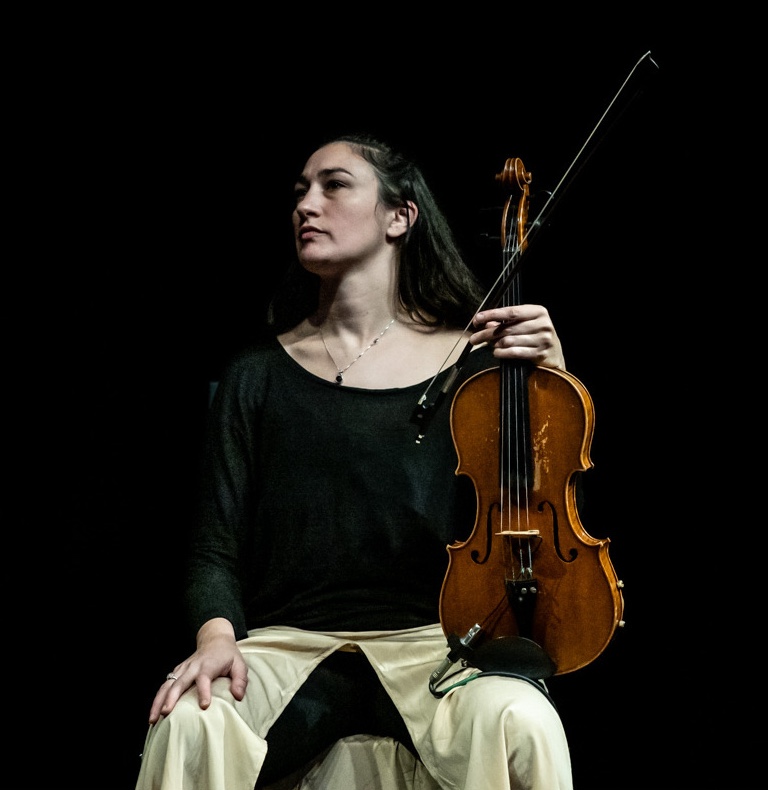
Joanna Mattrey is a violist and composer exploring free improvisation and new music. Using extended techniques and electronic alterations, she creates performances centered on ritual. Recent premieres include ‘Battle Ready’ and ‘Arrhythmia’. Mattrey has been an awarded resident artist with ISSUE Project Room, Roulette, and Watermill.

Ethan Philbrick is a cellist, performance artist, and writer. He teaches at various institutions and serves as a performance curator-in-residence at The Poetry Project. Philbrick’s first book, Group Works: Art, Politics, and Collective Ambivalence, was published by Fordham University Press in 2023.

Sugar Vendil is a composer, choreographer, pianist, and interdisciplinary artist based in Lenapehoking (Brooklyn). A second generation Filipinx American, her introspective work encompasses sound, movement, extended piano techniques, and electronics. She is developing her interdisciplinary performance Antonym: the opposite of nostalgia with her ensemble, isogram (Cindy Lan, Marie Lloyd Paspe, Annie Nikunen, and Annie Wang)
ABOUT THE PRESENTERS
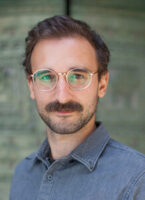
Darling Green is a collaborative studio that specializes in exhibition design and curatorial services for art collections. Darling Green’s versatile approach includes developing workshops, installation systems, and graphic identities that think about art exhibitions in experimental and innovative ways. Clients include Bard Graduate Center, Philadelphia Museum of Art, MoMA PS1, AXA US, Le Bernardin, Performa, and American Folk Art Museum.
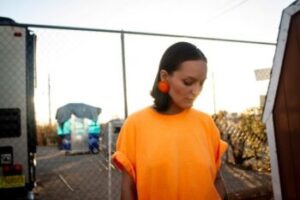
River Whittle is a multidisciplinary Two-Spirit artist based in Anadarko, Oklahoma, working in photography, shellwork, metals, clay, and printmaking. A member of the Caddo Nation and descendant of the Delaware Nation, she explores art as a tool for freedom and creates youth programming while organizing for Lenape community initiatives.
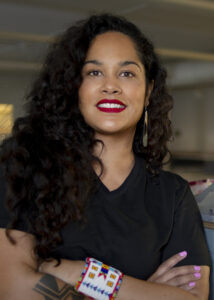
Natalie Ball was born in Portland, Oregon, holds a Bachelor’s in Indigenous, Race & Ethnic Studies and Art from the University of Oregon and an M.F.A. from Yale. A recipient of numerous art fellowships, she is an elected official on the Klamath Tribes Tribal Council and raises three children in her ancestral homeland.

Sean Connelly, Pacific Islander American Ilocano, is a Honolulu-born artist and designer who works across architecture, sculpture, film, and cartography. They critique oppressive structures within built environments while engaging in collaborative social practices that support Native culture, material practice, and land justice. Sean is the Founding Director of the After Oceanic Built Environments Lab and the nonprofit Hawai’i Nonlinear.
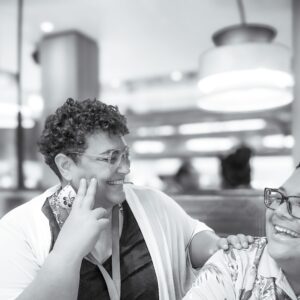
Alofipo So’oalo Fleur Ramsay is an international indigenous rights lawyer focused on environmental justice. At Blue Ocean Law, she represents Vanuatu in its historic climate justice bid before the International Court of Justice. Fleur employs a decolonial approach, empowering communities to utilize their legal systems in response to climate crises.
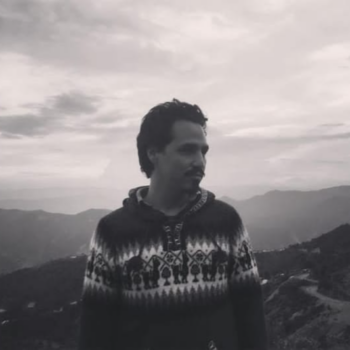
Andrés Cano Sierra is an environmental and cultural activist committed to restoration. He believes conservation integrates cultural and spiritual connections to the environment. As coordinator of Maíz de Vida Association, he promotes the regeneration of life through cultural practices and indigenous knowledge in Guatemala, focusing on water, land, and community.
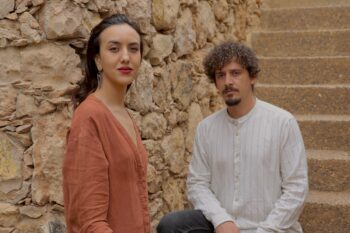
Tizintizwa is a Moroccan art-research collective that fosters collective creation and cross-pollination across disciplines. They collaborate with rural communities to document oral traditions and explore ecological transformations. Their work emphasizes the importance of transgenerational transmission, land relations, and the interplay between nature and culture, showcased at notable venues worldwide.
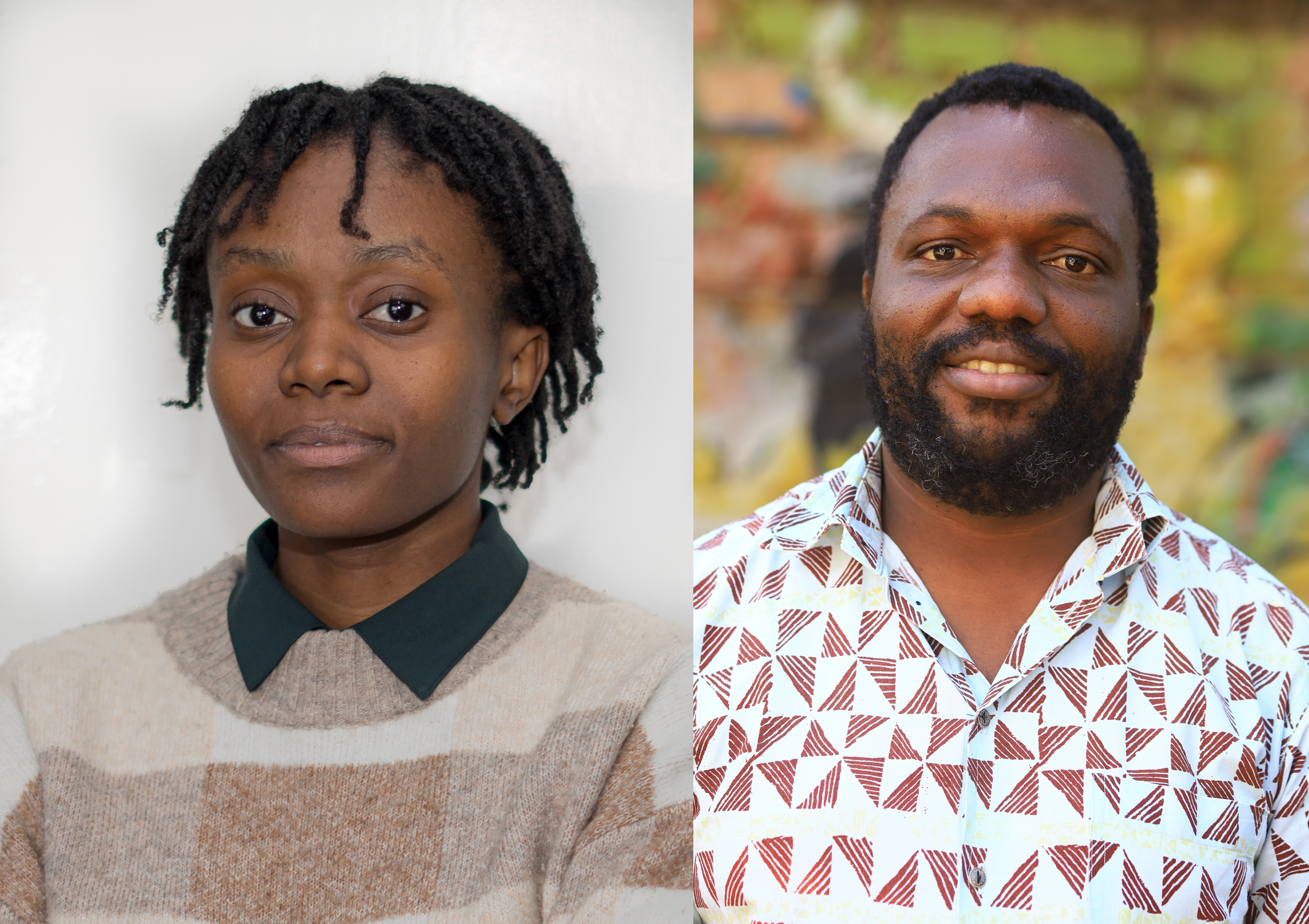
Centre d’art Waza (Feza Kayungu and Patrick Mudekereza)
Feza Kayungu Ramazani (Brigitte), is an artist and researcher based in Lubumbashi, Democratic Republic of Congo. She is an active member of the Power to the Commons project and Another Roadmap for Arts Education Africa Cluster (ARAC), a network of researchers and practitioners engaged in collaborative research that revisits the history, politics, and potential alternative practices in arts education through literature.
Patrick Mudekereza is the founding director of the Centre d’art Waza and has curated several significant exhibitions, including Close Openings and Revolution Room. He has collaborated with numerous art spaces across Europe and Africa and currently
lectures at the Faculty of Architecture at the University of Lubumbashi.
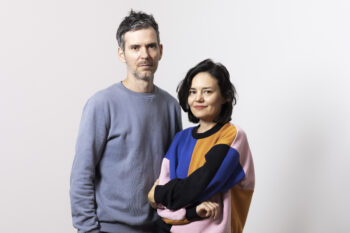
Anca Benera and Arnold Estefan have collaborated since 2012, focusing on hidden patterns within historical and social narratives through installation and performance. Based in Bucharest and Vienna, their work addresses resource politics and the climate crisis, weaving stories of environmental interconnectedness and presenting internationally at major exhibitions.
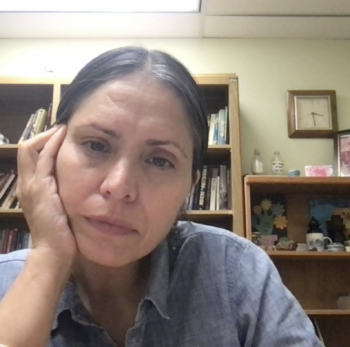
Ather Zia is a political anthropologist, poet, and columnist at the University of Northern Colorado. She authored Resisting Disappearances: Military Occupation and Women’s Activism in Kashmir and is the founder/editor of Kashmir Lit. Ather’s work focuses on militarization, settler/neocolonialism, human rights, activism, and gender studies in Kashmir.
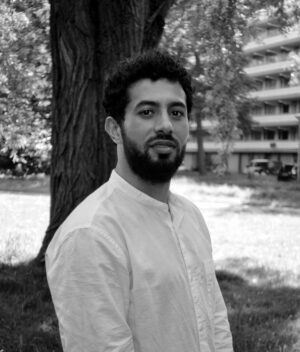
Isshaq Albarbary is an artist and researcher from Beit Jibrin refugee camp in Palestine. He explores Stateless Refugee Heritage, challenging conventional narratives of colonialism and extraterritoriality. His practice centers on the interplay between memory, power, and materiality. An MFA holder from HKU, Isshaq actively engages in dialogues about belonging and social change across borders.

Alarm Phone is a self-organized emergency hotline for people on the move who are in distress in the Mediterranean, the Channel and EU land borders. It documents border violence, alerts coastguards, and mobilizes rescue support, applying pressure to avert human rights violations. The hotline operates 24/7. This year it celebrates its tenth anniversary.
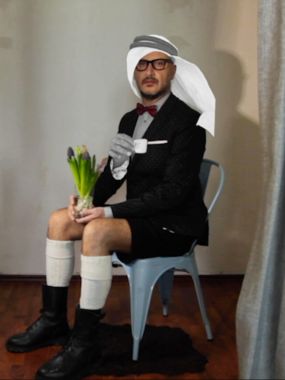
Leil Zahra Mortada is a transfeminist queer political organizer and multi-disciplinary artist from South Lebanon. They explore decolonialism, anarchism, and border violence while pursuing an MA at the Center for Human Rights and the Arts at Bard College.

Tanya Aguiñiga founded Art Made Between Opposite Sides (AMBOS), a binational project addressing U.S./Mexico Border issues. AMBOS promotes healing through craft and care, providing trauma-informed ceramics in LGBTQ+ asylum shelters in Tijuana. Her work fosters community accountability and advocates for pro-migrant narratives through generative femme decolonial practices.
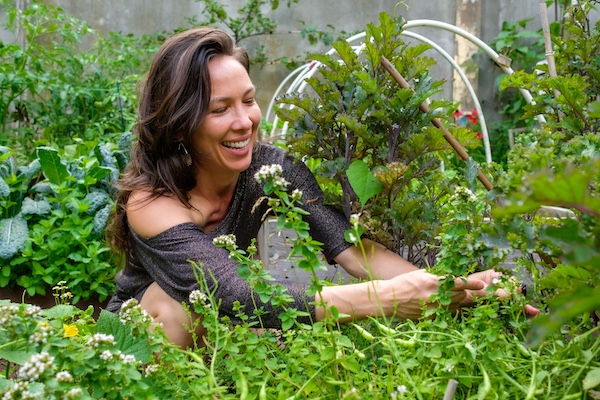
Emily Johnson is an artist who makes body-based work. Emily belongs to the Yup’ik Nation, is a land and water protector and an organizer for justice, sovereignty and well-being. A Bessie Award-winning choreographer, Guggenheim Fellow and recipient of the Doris Duke Artist Award, she is based in Lenapehoking/NYC and on Haudenosaunee lands.
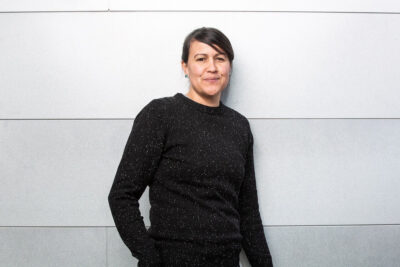
Natalie Diaz is a Mojave poet and author born in California. An enrolled member of the Gila River Indian community, she has received numerous awards, including the Pulitzer Prize for Postcolonial Love Poem. Diaz is a MacArthur Foundation Fellow and is the founding director of the Center for Imagination in the Borderlands at Arizona State University.
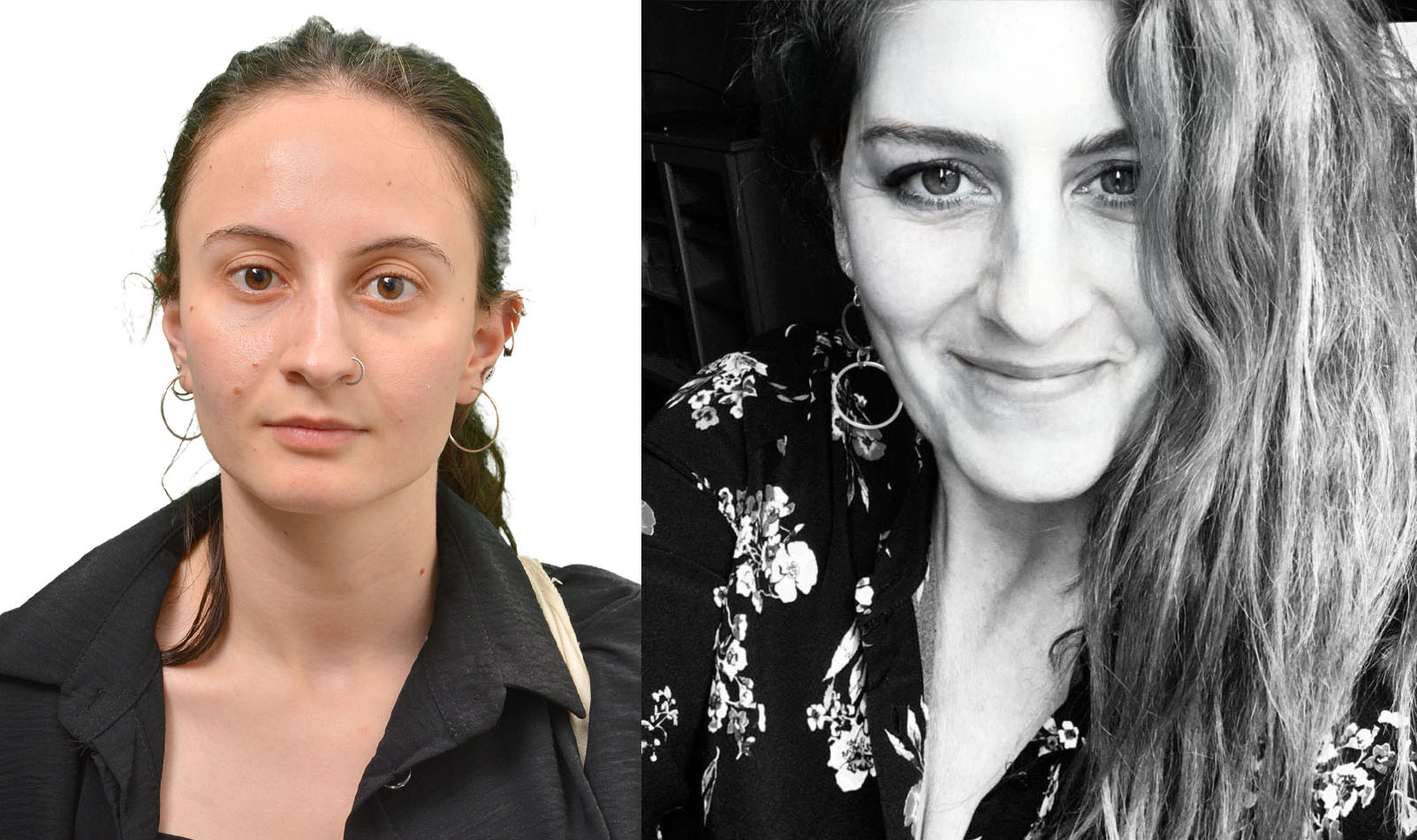
Dar Jacir for Art and Research, Emily Jacir and Reem Mussa Khatib, founded in 2014, is an interdisciplinary experimental learning hub in Bethlehem that emphasizes participatory approaches and fosters cross-cultural and intergenerational exchanges. Dar Jacir is a process and practice-oriented space. Alongside its diverse community of artists, farmers, researchers and cultural workers it brings together a broad public that is deeply involved in collective action and collaboration in a particularly shattered territory.
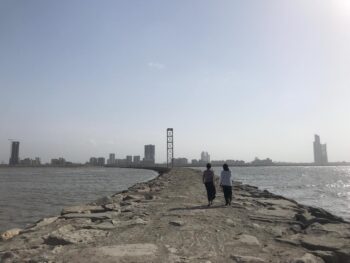
Karachi LaJamia, founded by Shahana Rajani and Zahra Malkani, is a nomadic space for exploring radical pedagogies in Pakistan. Since 2015, they have facilitated community-focused courses addressing militarism and climate crises, disrupting imperial knowledge production and fostering solidarity with local movements and organizations in the city of Karachi.
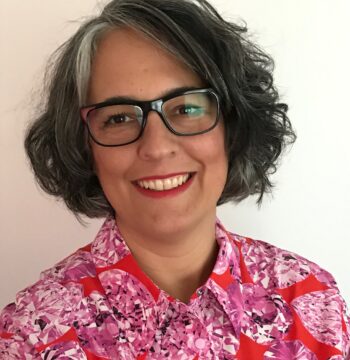
Andrea Ballestero, from Costa Rica, is Associate Professor of Anthropology at USC. Her book, A Future History of Water, investigates perceptions of water as a right versus a commodity. Currently, she is writing about cultural imaginaries of the underground, examining aquifers as potential sites for new property debates.
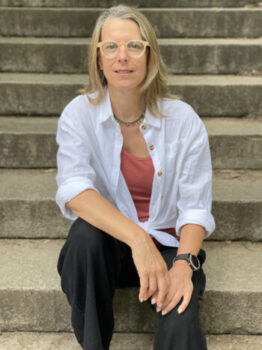
Eliza Evans is a visual artist who interrogates archives, data, and bureaucracy, to challenge social and ecological systems. Her work has appeared in prominent exhibitions and publications. Currently a member of NEW INC at the New Museum, she holds an MFA and a PhD in economic sociology, advocating for systemic change.
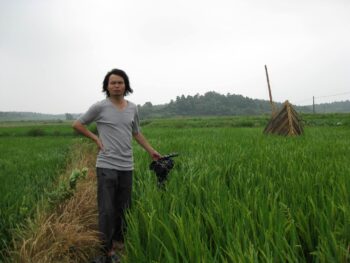
Mao Chenyu, based in Shanghai, founded Paddyfilm to explore rural societies in China. His work transforms farming systems into self-sufficient platforms nurturing linguistic and cinematic practices. He established Elaphurus Davidianus University to facilitate social research, combining education and community engagement within the framework of institutional practice.

Las Nietas de Nonó, mulowayi iyaye nonó and mapenzi chibale nonó, are Afro-diasporic siblings who engage in multidisciplinary art practices that intertwine performance, found objects, biomaterials, ecology, video, and installation. Co-founders of Parceleras Afrocaribeñas, they advocate for environmental and racial justice in Puerto Rico. Their work has been featured in prestigious biennials and international exhibitions, and they have received numerous artistic awards.

Marwa Arsanios examines structural questions through diverse media. She engages with feminist land movements and explores property, law, and ecology through historical perspectives.
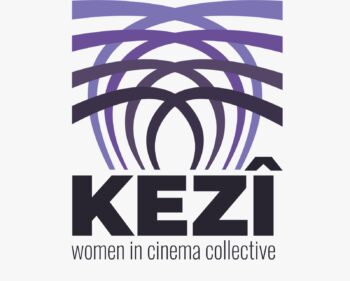
Kezi Collective is a collective of filmmakers from Kurdistan, the Middle East, and beyond. We focus on film production, screening, and training women in cinema. Inspired by the women’s revolution, our work embodies the spirit of “Women, Life, Freedom,” promoting empowerment through storytelling and artistic expression.
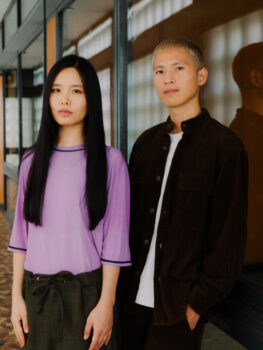
Enzo Camacho and Ami Lien are collaborating artists and writers who address conditions of labor and forms of people’s resistance, particularly in the context of the Philippines. Their traveling solo exhibition, Offerings for Escalante, will open at MoMA PS1 in New York City this October.
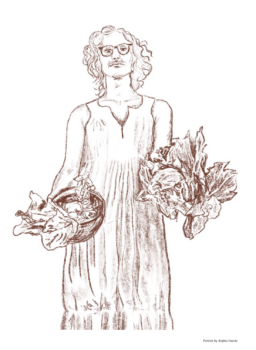
Abou Farman is an anthropologist, writer, and artist. He authored On Not Dying: Secular Immortality in the Age of Technoscience and Clerks of the Passage. An Associate Professor at The New School for Social Research, he has founded several community-oriented spaces, exploring the intersection of art and anthropology including Art Space Sanctuary and the Shipibo Conibo Center.
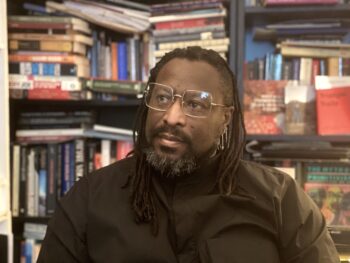
Rinaldo Walcott is Professor and Chair of Africana and American Studies at the University at Buffalo, SUNY. His research focuses on the intersection of race, culture, and identity, contributing to contemporary discussions on social justice, representation, and the politics of belonging in academic and public discourses.
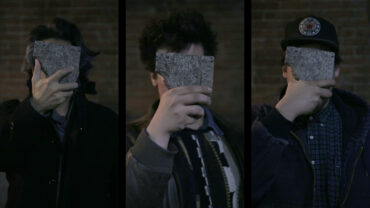
New Red Order, (co-facilitated by Adam Khalil, Zack Khalil, and Jackson Polys), is a public secret society that examines desires for indigeneity. Through exhibitions, videos, and performances, they collaborate with informants to question and re-channel narratives surrounding identity, to reshape relationships to land and culture. Employing multifarious strategies, they promote solidarity and seek to dismantle obstructions to Indigenous growth.
